Tag: Democracy
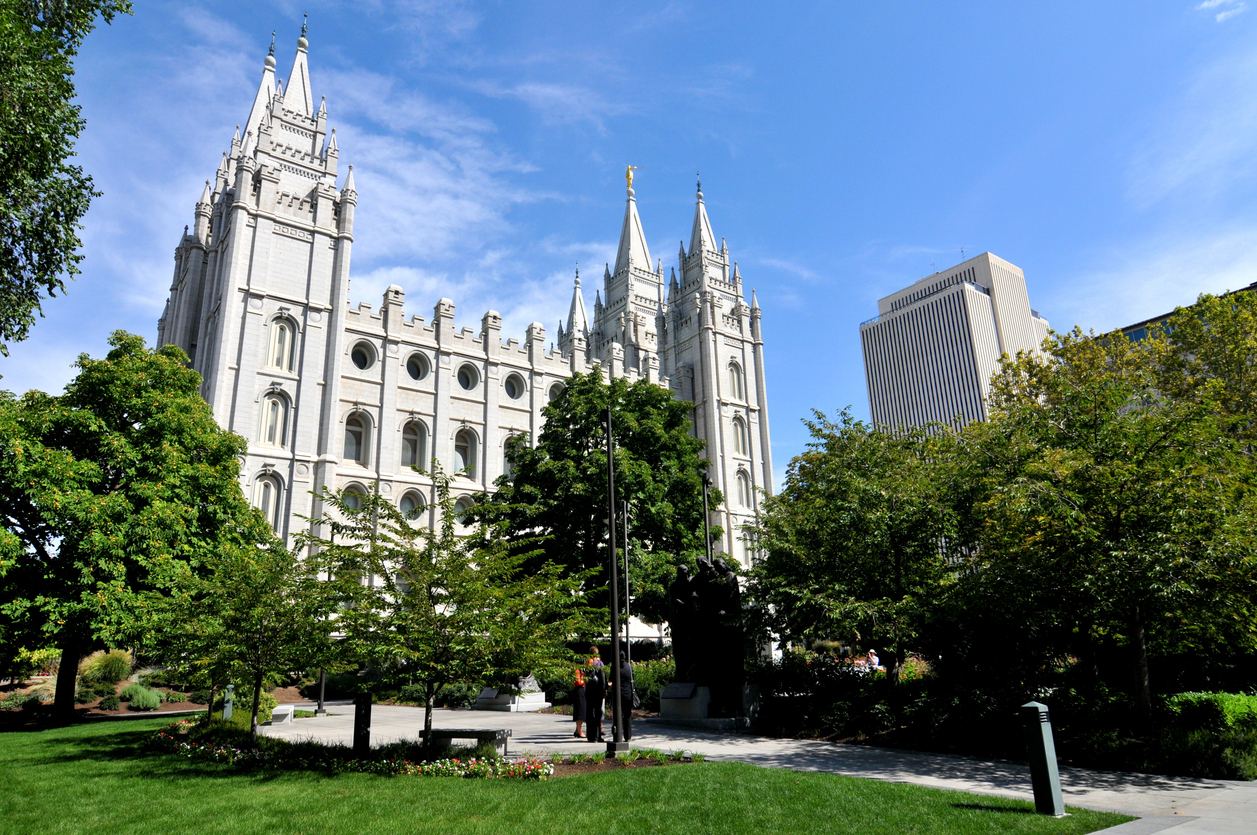
Latter-Day Saints Speak Out to Protect Democracy
Time Period: 2020-presentLocation: United StatesMain Actors: The Church of Jesus Christ of Latter-day SaintsTactics - Public Statements In the immediate lead-up to the inauguration of President Biden, the governing body...
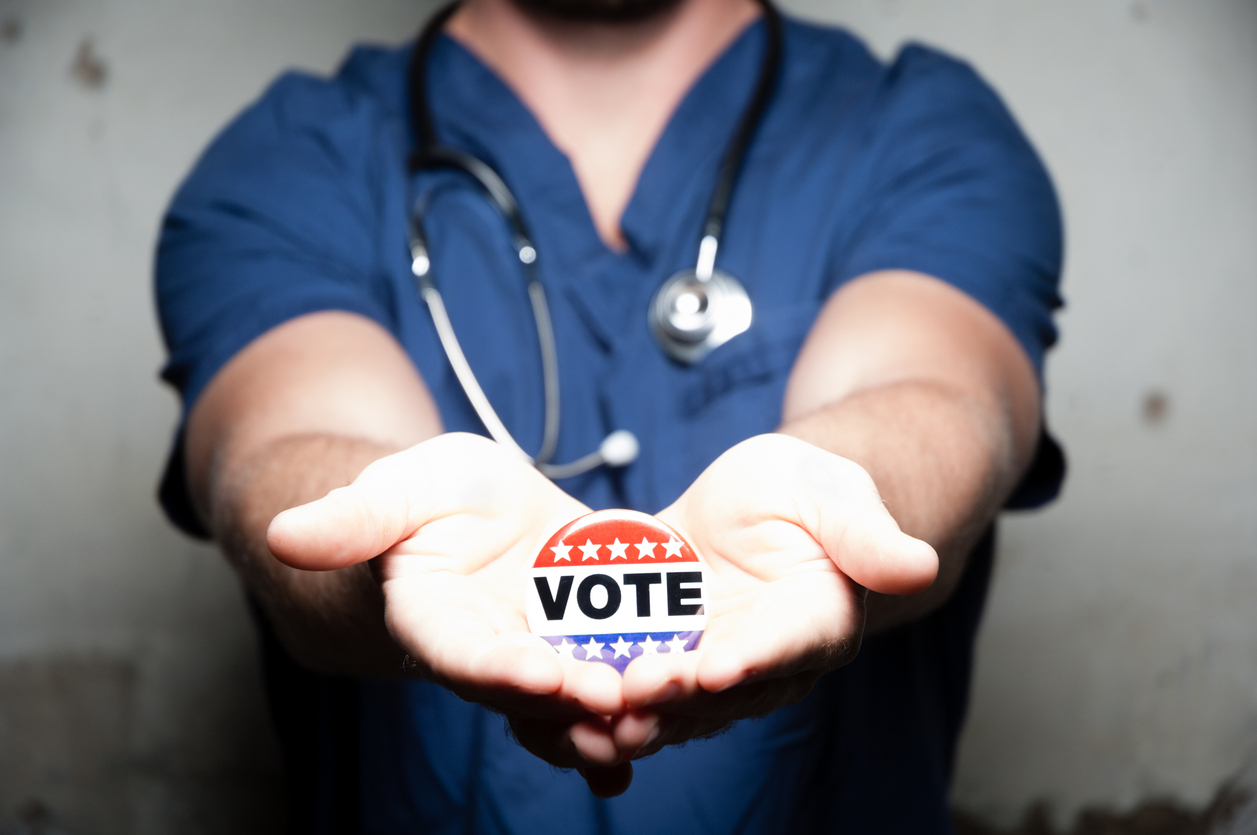
“Ask your Doctor if Voting is Right for You!” American Doctors Speak Out on Voting
Time Period: PresentLocation: United StatesMain Actors: The American Medical Association (AMA)Tactics - Declarations by Organizations and Institutions In its June 2022 annual meeting, the American Medical Association (AMA) identified voting...

Brazilian Doctors Strike for Healthcare Reform and Democracy
Time Period: 1977-1981Location: BrazilMain Actors: Brazilian Doctor’s UnionTactics - Professional Strike - Slowdown Strike - Marches - Establishing new social patterns In 1964, a military coup overthrew Brazil’s democratically elected...
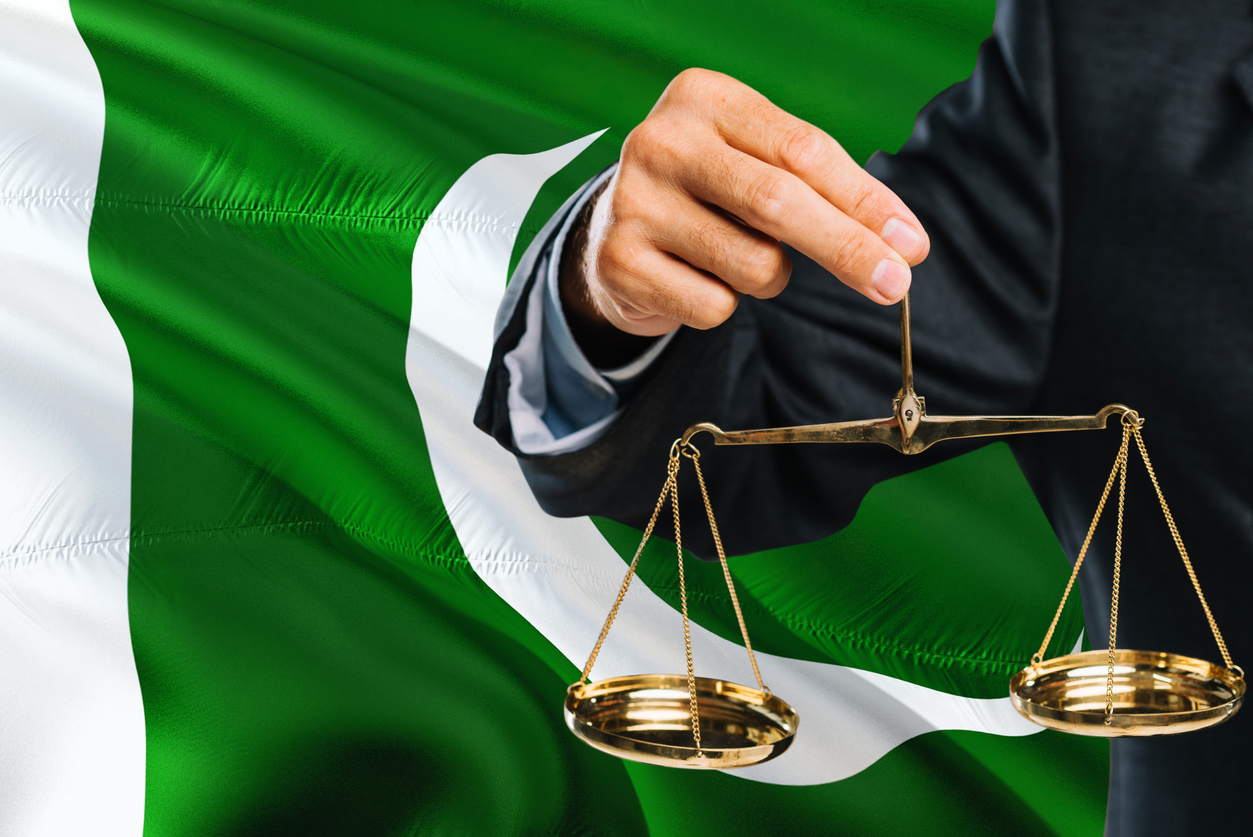
Lawyers in Pakistan March Against a Military Dictator
Time Period: 2007-09Location: PakistanMain Actors: National Action Committee of Lawyers, Pakistan Bar Association, Supreme Court Bar Association of Pakistan, Pakistan Muslim League (Nawaz) party, Ifitkhar Muhammad ChaudhryTactics - Assemblies of...
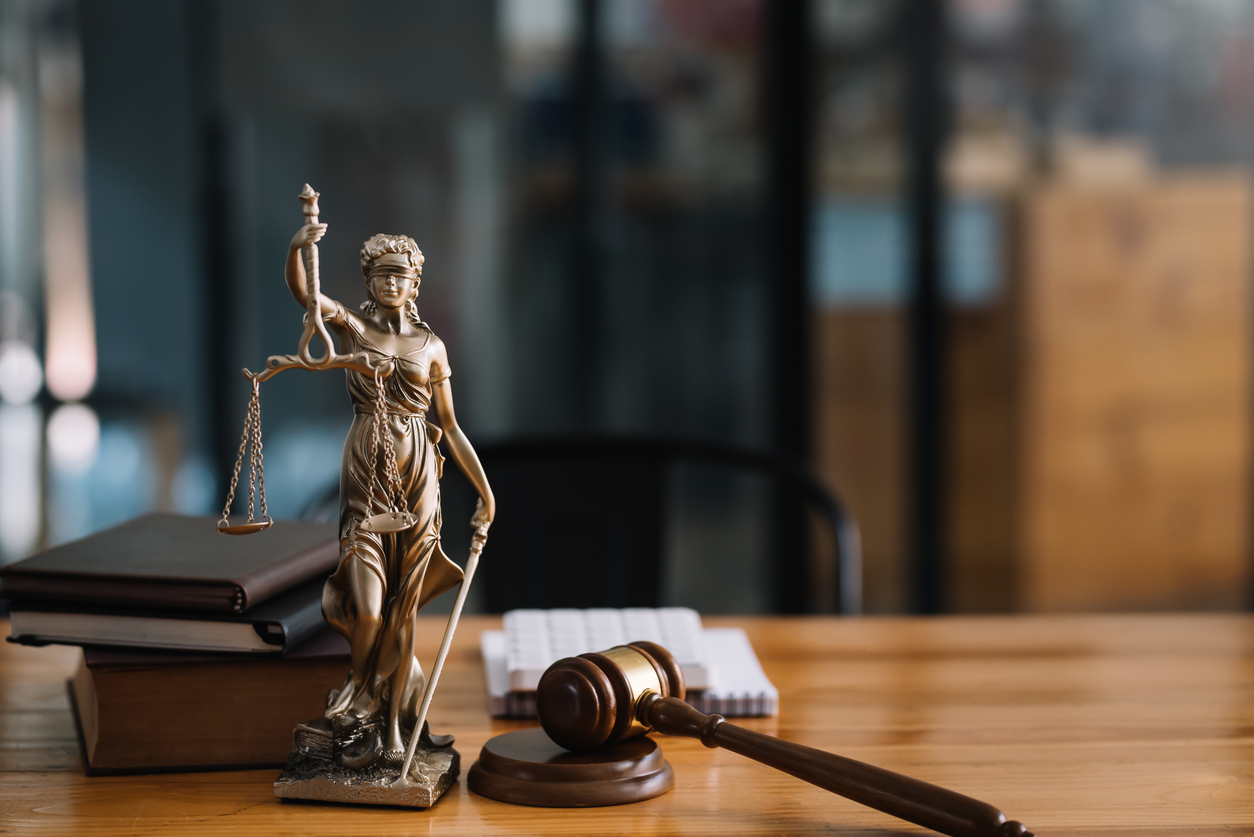
US Lawyers Use Litigation Against Assaults on Democracy
Time Period: 2016-presentLocation: United StatesMain Actors: LawyersTactics - Civic Engagement - Media Outreach - Legal Aid - Petitions - Signed Letters of Support In the aftermath of the 2020 election,...
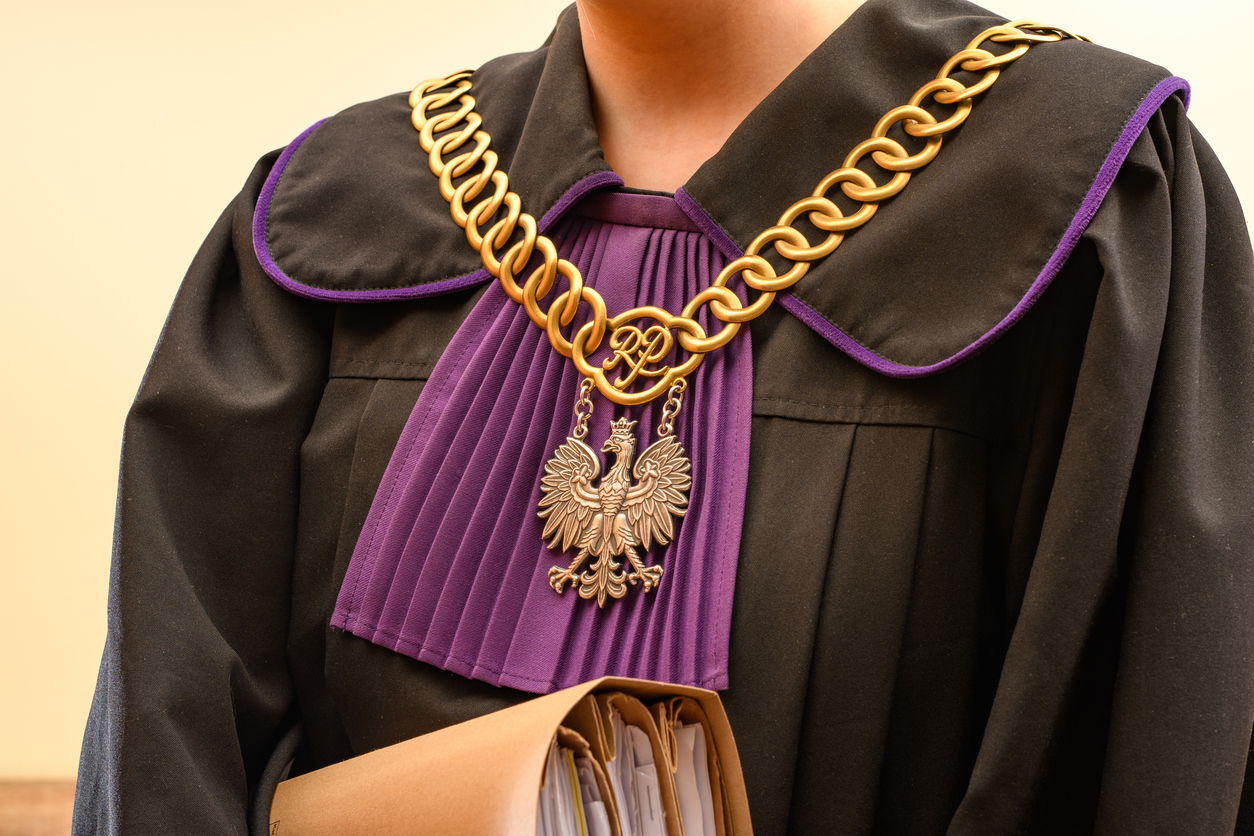
Polish Judges Resist Attacks on the Rule of Law
Time Period: 2016-2021Location: Poland, especially Warsaw; Brussels, BelgiumMain Actors: Polish Judges Association Iustitia, Association of Judges Themis, Wolne Sądy lawyers group, Polish Constitutional Tribunal, Polish Supreme CourtTactics - Civil disobedience...

Unions Light the Candle of Democracy in South Korea
Time Period: 2016-2017Location: South Korea, especially SeoulMain Actors: Korean Federation of Trade Unions (KCTU), People’s Action for the Immediate Resignation of President ParkTactics - Vigils - General Strikes In the...
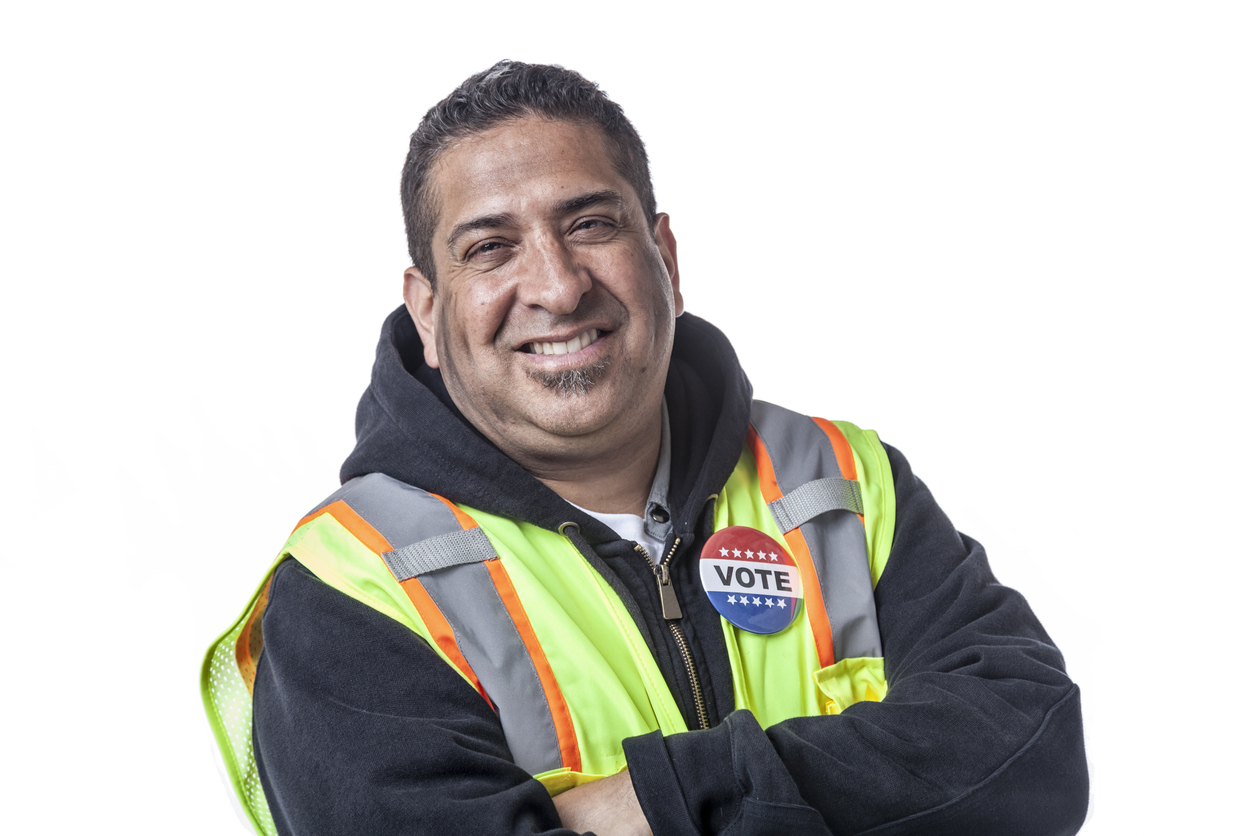
American Unions Mobilize Poll Workers
Time Period: 2020Location: United StatesMain Actors: AFL-CIO, AFSCME, SEIU, AFT, UNITE HERE, union membersTactics - Institutional Action The 2020 election tested the strength of US democracy. Due to the COVID-19...
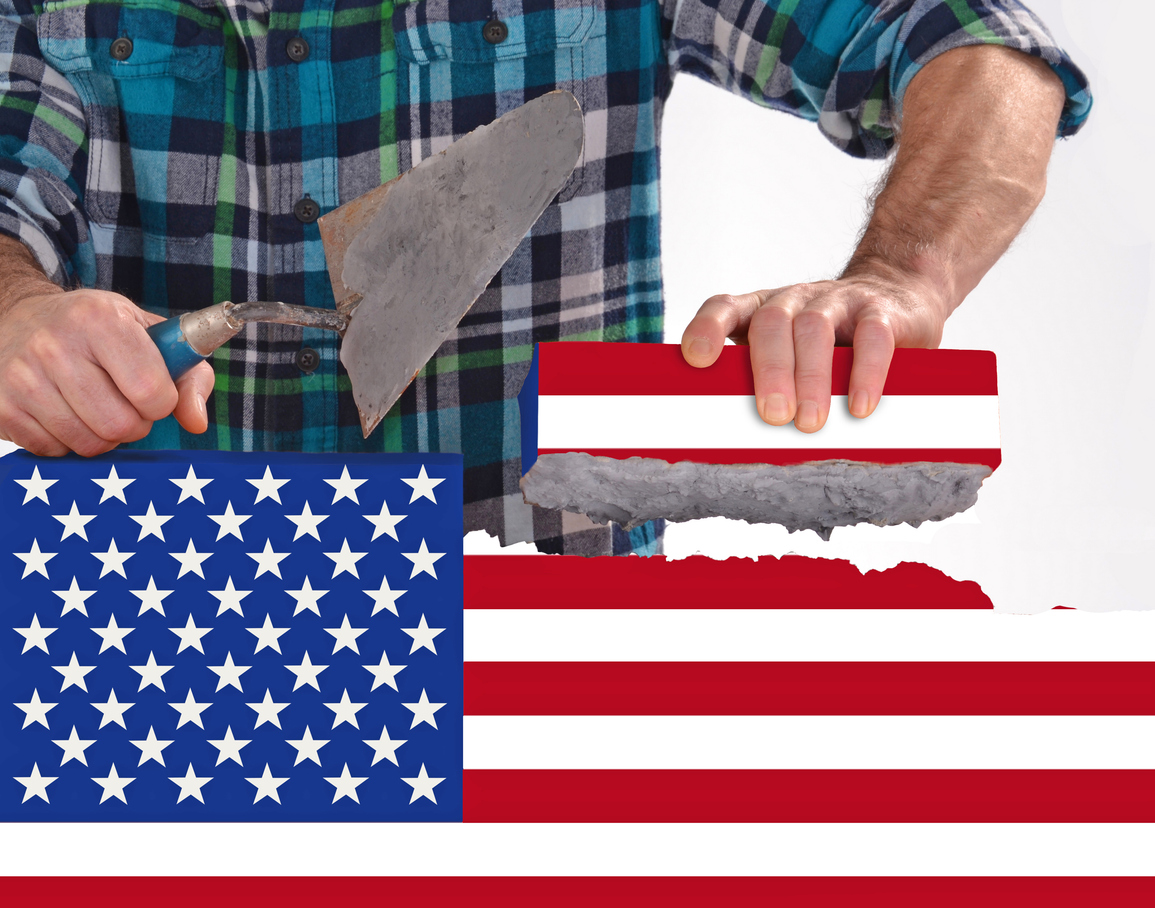
Unions Join Unlikely Allies to Defend American Elections
Time Period: November 2020Location: United StatesMain Actors: AFL-CIO, SEIU, AFT, UNITE HERE, union membersTactics - Signed public statement - Declarations by organizations or institutions - Demonstrations - Assemblies of support...
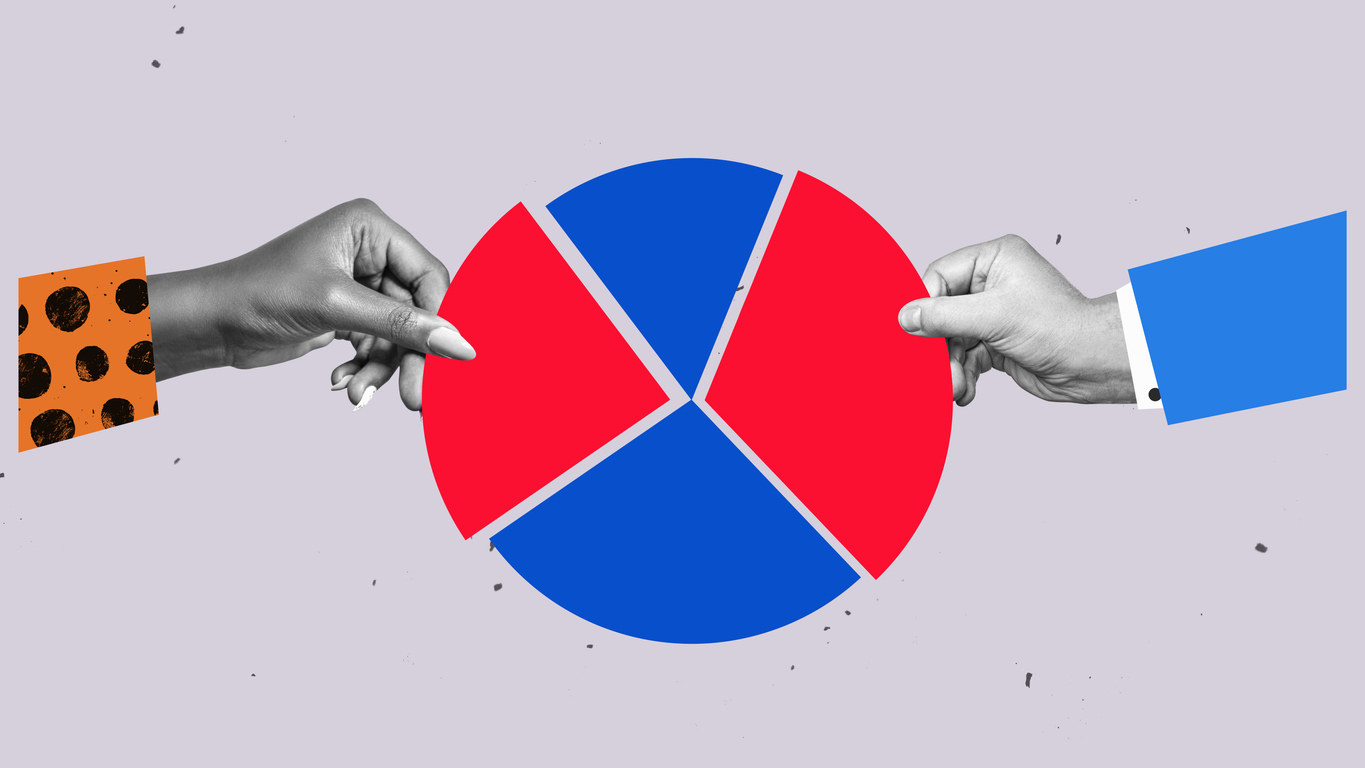
Venezuelan Businesses Fight a Rising Dictator
Time Period: November 2001 - April 2002Location: Venezuela, CaracasMain Actors: Venezuelan Federation of Chambers of Commerce and Production/Federación de Cámaras y Asociaciones de Comercio y Producción de Venezuela (Fedecámaras)Tactics -...
